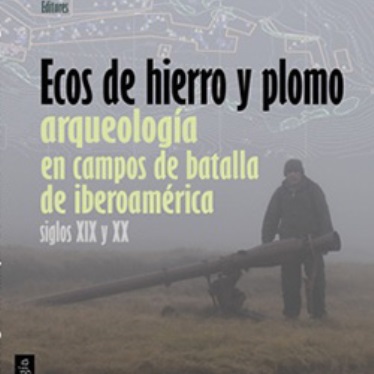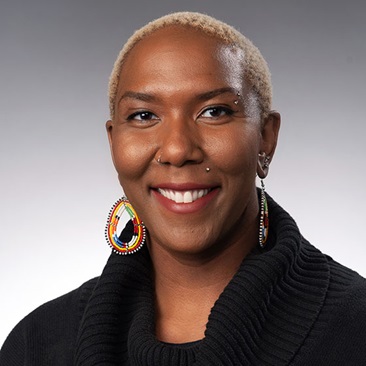Ecologies of mistrust: Fish, fishermen, and the multispecies ethics of ethnographic authority
Kyrstin Mallon Andrews
American Anthropologist, March 2023
How do you conduct research with beings that are deeply suspicious of you, who don't trust your presence, and with good reason? This was a central question in my ethnographic work with diver fishermen in the changing marine environments of the Dominican Republic, waters populated by trickster barracuda, parrotfish who knew the schedules of fishing bans, and escape-artist grouper. Ethnographers have historically considered mistrust as something to be overcome, an obstacle to the necessary rapport of the anthropologist.
This article considers ethnographic encounters in subaquatic multispecies worlds and the methods practiced amid inherently unequal relations of power. Instead of considering trust as the ultimate achievement in ethnographic research and the gatekeeper of anthropological authority, I consider mistrust as a way of perceiving the myriad inequalities, political ecologies, and power dynamics animating our fieldsites and their human and more-than-human inhabitants.
Related News
Commentary

Nov 7, 2025
Research

Oct 28, 2025
Research

Oct 15, 2025

